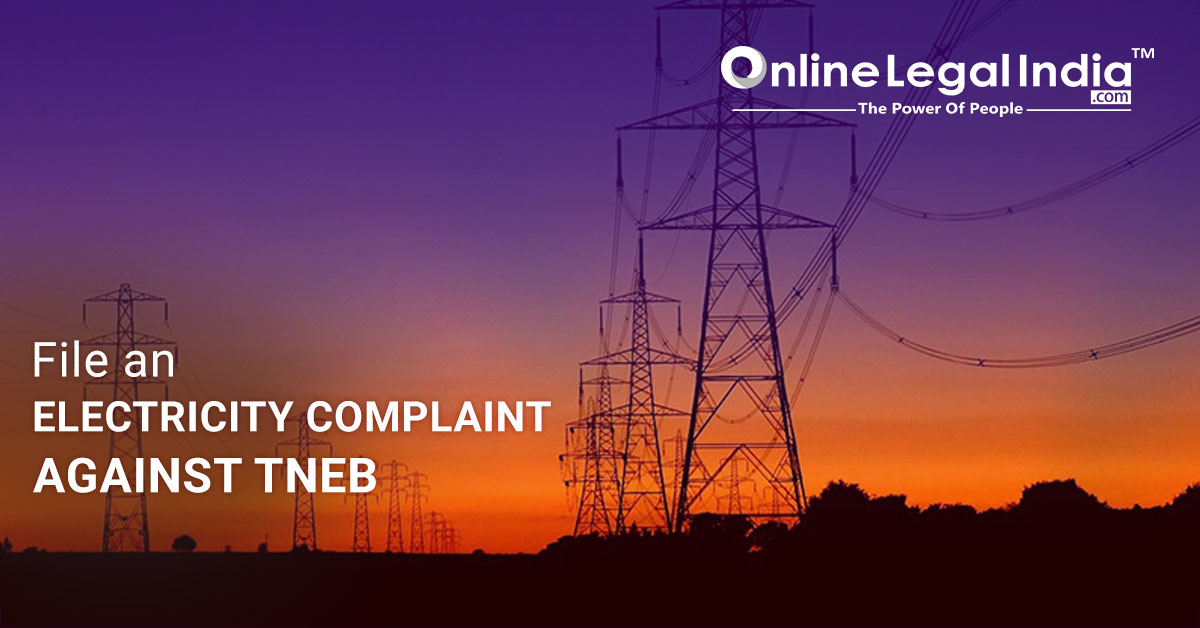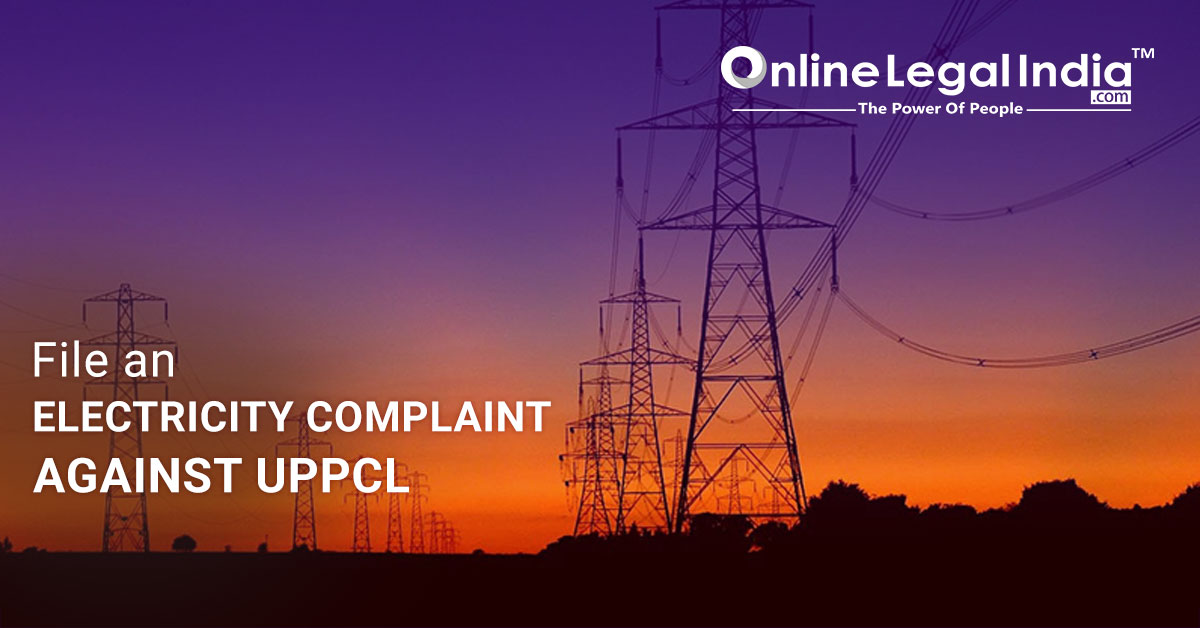How to Register a Brand Name
17 Apr, 2024

 By Online Legal India
Published On 10 Mar 2023
Category Legal
By Online Legal India
Published On 10 Mar 2023
Category Legal
A joint venture agreement is a legal contract that describes the terms and conditions of a commercial endeavour that two or more parties want to undertake jointly. It defines the joint venture's objective, organisation, profit and loss sharing, and the responsibilities and obligations of each partner engaged.
Registering a joint venture agreement is an important stage in creating a legally binding connection between two or more parties that want to collaborate on a commercial endeavour. A step-by-step method to register a joint venture agreement is provided below:
When registering a joint venture, it is critical to correctly design the agreement that describes the joint venture's terms and conditions on the basis of legal advice. This comprises the reason for, structure, and allocation of gains and losses.
A lawyer should analyse the joint venture agreement to ensure that it conforms with all applicable rules and regulations.
After the joint venture is completed, all parties must sign the document showing their agreement to its provisions.
The joint venture must be registered with the appropriate government bodies, such as the Registrar of Companies or the Ministry of Commerce, to become legally binding.
Depending on the nature of the joint venture, licences and approvals from appropriate government bodies may be required.
Following the successful registration of the joint venture agreement, the parties concerned can begin operations and collaborate to achieve their mutual goals.
The actual procedure of registering a joint venture may differ based on the rules and regulations of the nation where the joint venture is located.
The procedure to register a joint venture agreement in India involves the below-mentioned steps:
The first step to register a joint venture agreement is properly draughted it. This agreement should explicitly explain the joint venture's goal, organisation, and profit and loss sharing. It should also explain the roles and duties of each stakeholder engaged in the enterprise. Before proceeding with the registration procedure, all parties must agree on the terms and conditions indicated in the agreement.
It is best to have the agreement checked by a lawyer before signing it to verify that it conforms to all applicable laws and regulations. This will aid in the avoidance of any potential legal difficulties in the future.
When a lawyer has read the joint venture agreement and all parties have agreed on the conditions, all parties must sign the paper. This marks their approval of the agreement's terms and conditions and makes it legally enforceable.
To make the joint venture agreement legally enforceable, it should be submitted to the relevant government institutions, such as the Registrar of Companies or the Ministry of Commerce. This procedure differs by nation; thus, examining the same regulations for the jurisdiction where the joint venture will be formed is critical.
Depending on the nature of the joint venture, licenses and approvals from appropriate government bodies may be required. To ensure that the relevant licenses and permissions are received, it is critical to research. In addition, it understands the unique requirements of the jurisdiction where the joint venture will be founded.
When the joint venture agreement is filed and all relevant licenses and permissions are secured, the parties involved can begin operations and work together to achieve their mutual goals.
To register a joint venture agreement, the following documents must be submitted:
All joint venture participants sign a written agreement.
All parties engaged in the joint venture must provide photocopies of government-issued identity documents such as a passport, PAN card, or voter ID card.
If the joint venture involves companies, each company must furnish a copy of its Incorporation Certificate.
PAN cards are required for all parties participating in the joint venture agreement.
Bank account details of all parties, including cancelled cheques.
A document outlining the joint venture's goal, objectives, and each party's rights and obligations.
If the joint venture is a corporation, proof of registered office, such as a rent agreement or utility bill, is necessary.
There are no specific laws in India for joint ventures when it comes to rules to register joint venture agreements. Nonetheless, the regulations governing FDI and FEMA and other basic contractual principles are applied in India, together with the parties' agreement on the choice of law and dispute resolution system.
In general, joint venture agreements in India are governed by the principles of The Indian Contract Act of 1872, but in particular instances, they are also subject to additional legislative requirements of corporate laws.
As there is no such legislation, the rights and obligations of a joint venture agreement are determined by the terms & conditions of the agreement. In contrast, there are legislative rules for partnership agreements.
The primary distinction between a joint venture and a partnership is that a partnership can only be formed by natural people, whereas joint ventures have no such restriction.
According to Section 56 of The Indian Contract Act of 1872, if an agreement becomes impossible to execute in the future and such difficulty could not have been predicted, the agreement becomes null and invalid. In the context of joint venture agreements, the term "force majeure" refers to any incident or condition that is beyond the control of the party claiming the force majeure. That event must have rendered the sections of the agreement impossible. The party claiming force majeure shall be exempted from performing the agreement to the extent that the force majeure event affects it and will not be liable for any type of loss, damage, or compensation to that extent.
Non-Competition
This provision reinstates the responsibility of good faith. The non-compete provision establishes a prohibition on conducting business which is of the identical sort of one party by the other party for a set time and within a prescribed geographical boundary. As a result, by default, this clause is subject to Section 27 of The Indian Contract Act of 1872 and Article 19 of the Indian Constitution.
Confidentiality
Confidentiality provisions are used in contracts to clarify the terms and circumstances relating to sensitive information and to specify which information should not be shared by any party.
Indemnity
An indemnity contract is one in which one party agrees to save the other party from damage caused by the guarantor or the conduct of a third party, according to Section 124 of the Indian Contract Act of 1872. In India, there is explicit regulation covering both implicit and expressed indemnity.
Selection of Law and Jurisdiction
In the event of choice of law and jurisdiction, it is up to the parties to agree on the law and jurisdiction to use for their contract. Yet, some fundamental contract law rules will continue to apply to joint venture arrangements. Additional regulations about business law, FEMA, and taxation will apply to joint venture agreements in India.
Termination Clause
The Delhi high court stated in Turnaround Logistics (Pvt.) Ltd v. Jet Airlines (India) Ltd application no. IA 3848 of 2006 that the word "determinable contract" denotes a deal that may be terminated, and hence all revocable deeds and voidable contracts would come within this definition.
Conclusion
Finally, registering a joint venture agreement is an important step in creating a legally binding partnership between two or more parties that intend to collaborate on a commercial endeavour. The parties can safeguard their interests and achieve their goals by following the abovementioned methods to register a joint venture agreement. However, it is crucial to remember that the actual procedure of registering a joint venture may differ based on the rules and regulations of the country where the joint venture is located.

How to Register a Brand Name
17 Apr, 2024

How Can You Download FSSAI Certificate?
15 Apr, 2024

Copyright a Business Name Know the Procedure
13 Apr, 2024

Top 10 Law Firms in India
11 Apr, 2024

Top 7 Advantages of Trademark Registration
03 Apr, 2024

Consumer Complaint against Tamil Nadu Electricity Board TNEB
30 Nov, 2020

How to Take Legal Action against Mental Harassment in India?
07 Nov, 2020

UPPCL Uttar Pradesh Power Corporation Ltd. Complaint Filing
19 Nov, 2020

How to File a Complaint Online in Consumer Court in India
27 Nov, 2020

Online Complaint Filing against Hero Motocorp
04 Dec, 2020